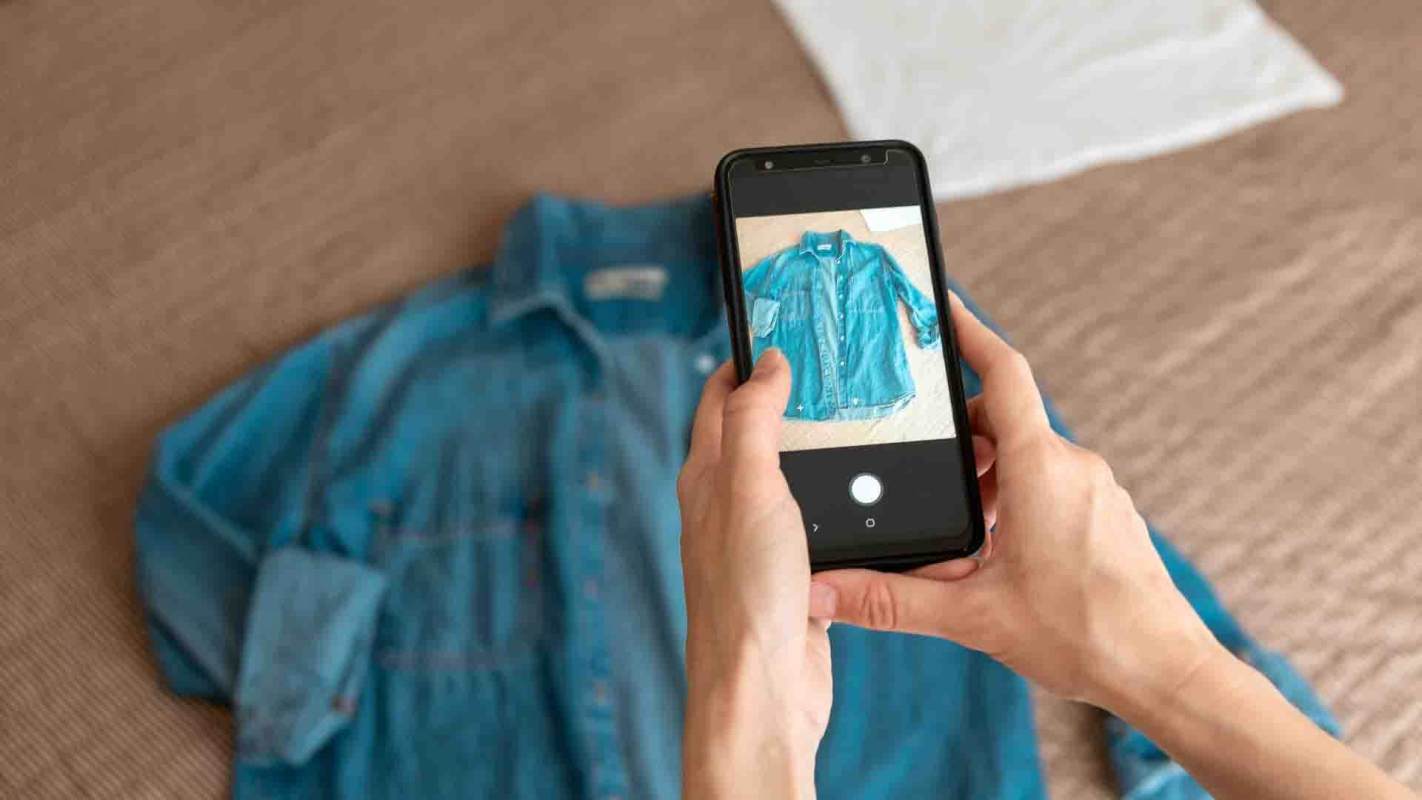An app called Lucky Sweater is a bit like a dating site — but for your closet.
The app encourages consumers to take things to the next level by trading instead of buying, with a focus on slow fashion brands.
What is Lucky Sweater?
Like a number of popular secondhand platforms, Lucky Sweater is free to use. But unlike many of those apps, which are focused on selling clothes, Lucky Sweater is all about trading.
The app lets users list items they are willing to trade and items they're in search of (ISO). Then, it's all about making that match.
 Which of these factors would most effectively motivate you to recycle old clothes and electronics?
Which of these factors would most effectively motivate you to recycle old clothes and electronics?
 Giving me money back
Giving me money back 
 Letting me trade for new stuff
Letting me trade for new stuff 
 Making it as easy as possible
Making it as easy as possible 
 Keeping my stuff out of landfills
Keeping my stuff out of landfills 
 Click your choice to see results and speak your mind
Click your choice to see results and speak your mind
How it works
Users list their items each Tuesday by noon Pacific time. Then they're featured in a weekly "swap drop," which alerts users to the new items being sought and offered.
As you browse the thousands of items on offer via the app, you can "star" items you love. Once you get a star back, you're matched with a trade. And once the trade is accepted, you and your match arrange to ship items.
There are no fees for listing or using the app, but each user is responsible for shipping fees for their traded items.
Why Lucky Sweater is important
The fashion industry is responsible for 10% of global carbon gas pollution, according to the World Bank, and for 20% of global wastewater.
Additionally, the industry is heavily reliant on animal agriculture for materials including leather, wool, fur, and silk. Animal agriculture is a leading contributor to plant-warming gases accounting for nearly 15% of global air pollution.
The constant demand for new and cheap fashion is also a driving force behind human rights violations including child labor, forced labor, and unsafe working conditions.
TCD Picks » Upway Spotlight

"The complexity of the supply chain, and the number of informal workers within [that] supply chain, makes it difficult to guarantee that across the board, [workers'] occupational health and safety is guaranteed," Sofia Nazalya, a human rights analyst at Verisk Maplecroft told Business of Fashion.
What is slow fashion?
On Lucky Sweater, users can only submit items from approved slow fashion brands — a comprehensive list that continues to grow with help from the founders of the Instagram community @selltradeslowfashion.
Consumers can also submit new brands for consideration. Lucky Sweater says the review process takes about two to four weeks and is vetted by its slow fashion community moderators.
While there's no formal certification for slow fashion, Lucky Sweater identifies slow fashion brands by the following criteria:
Made from high-quality, sustainable materials
More timeless than trendy
Often sold in smaller stores rather than huge chain enterprises
Locally sourced, produced, and sold garments
Provide a fair, living wage to workers across its supply chain
Size-inclusive
Want more? Follow The Cool Down on Instagram and join our Weekly Newsletter for cool stories and easy tips that save you money, time, and our planet.













